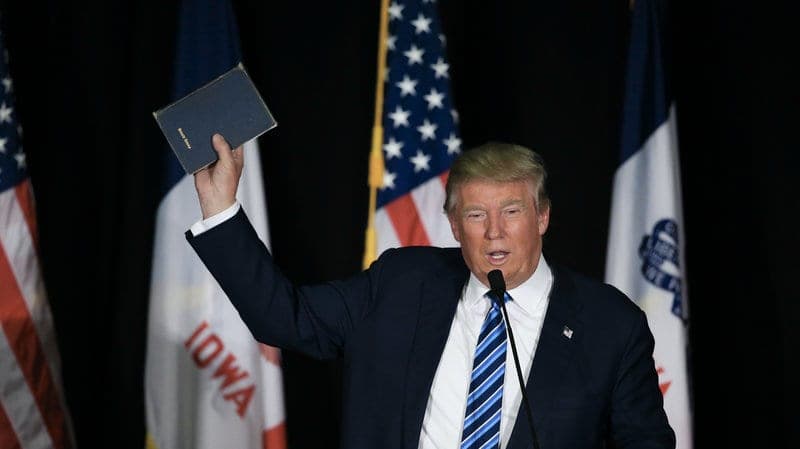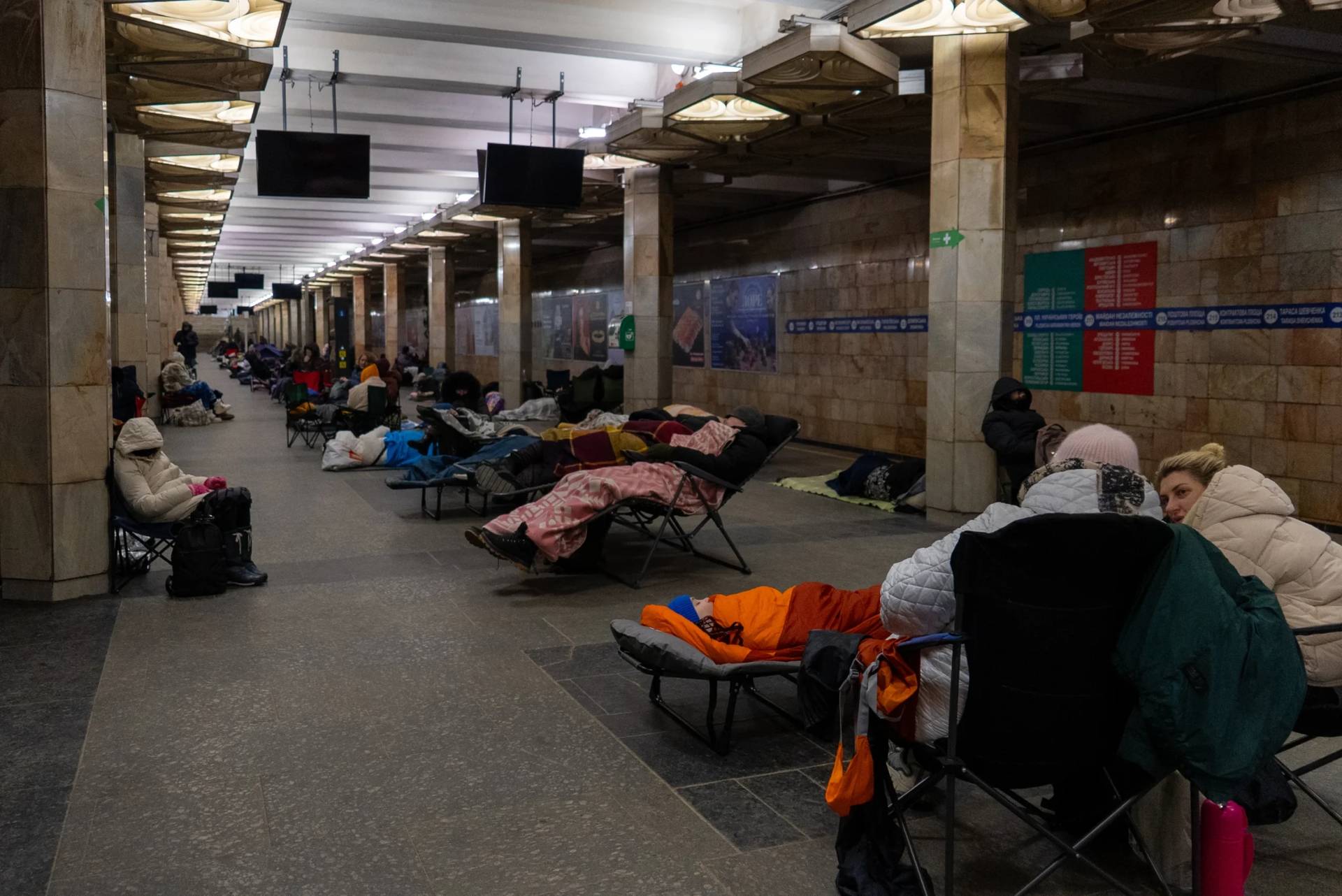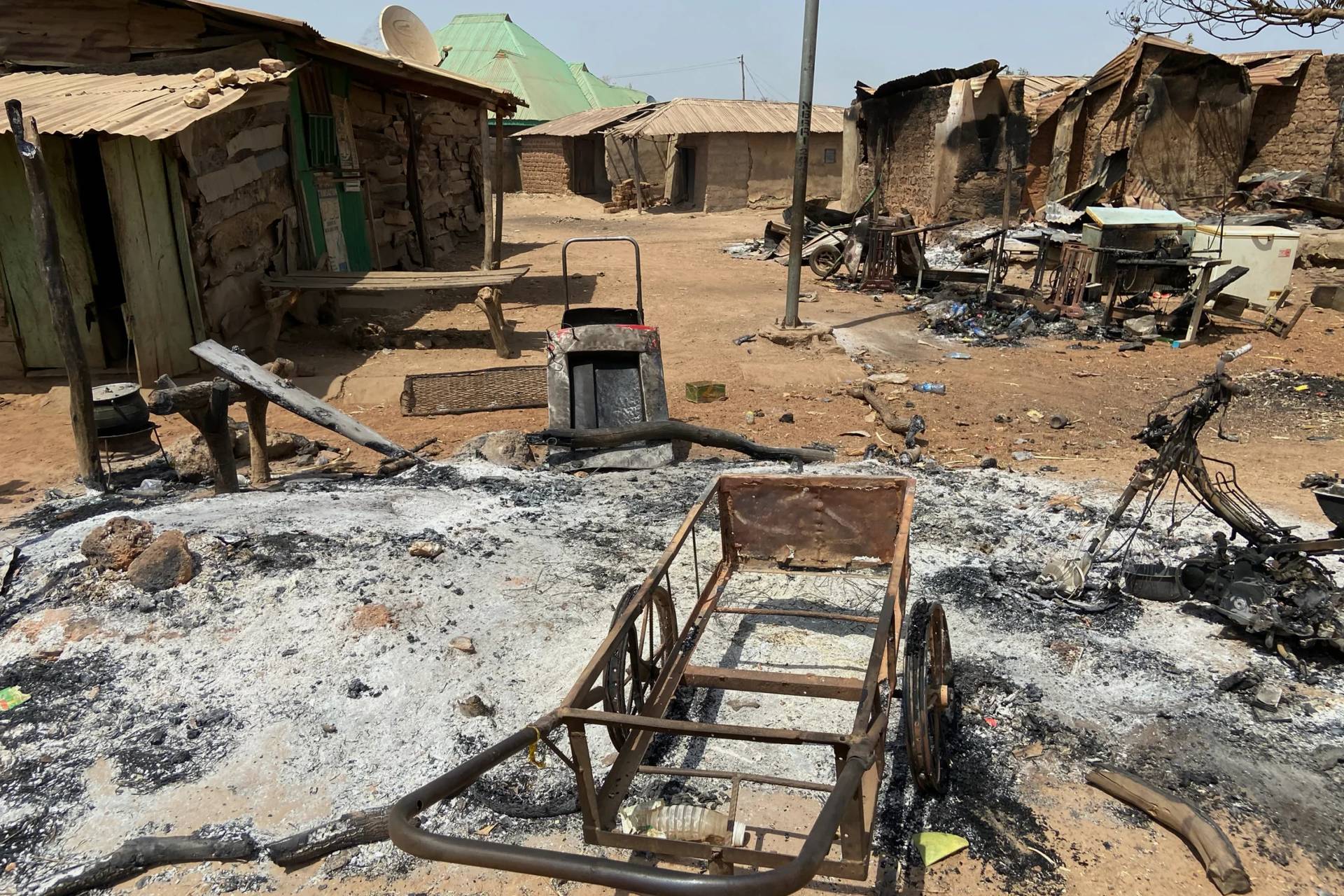NEW YORK — President Donald Trump used a call with faith leaders last Friday, ostensibly to discuss when religious institutions might reopen to large-scale public services amid the COVID-19 pandemic, to solicit support for his bid for reelection.
The fact a call took place was made public by the White House, saying in a statement that it included Christian, Jewish, and Islamic leaders, and Crux has now confirmed the participation of both Cardinal Timothy Dolan, the Archbishop of New York, and Los Angeles Archbishop Jose Gomez, the president of the United States Conference of Catholic Bishops (USCCB).
In addition to a discussion about re-opening houses of worship, Crux has learned from two sources familiar with the call that the president sought praise from the faith leaders – primarily from evangelical representatives – for his leadership during the pandemic and on a range of other issues.
Crux was told that Dolan, among other participants on the call, offered thanks to the president for his support on issues of religious liberty and the pro-life cause, and the president warned faith leaders that such issues would be in jeopardy if a Democrat were elected in November.
A spokesman for the archdiocese of New York said that the nature of the call was confidential and hence the cardinal could not offer further comment. A spokeswoman from the USCCB confirmed Gomez’s participation in the call but did not discuss the content of the meeting.
During a press briefing on Friday, the president described the call as a productive conversation.
“I just had a great conversation with the leading faith leaders of our country. It went extremely well,” he said. “We learned a lot. I learned a lot. And we’re working on some things that are very interesting and very positive. I thank them all for being on the call.”
According to the Associated Press, there were no conclusions as to when and how the phased-in re-opening may occur.
Since the weekend of March 14, most Catholic dioceses have suspended public celebration of the Mass and other sacraments in order to stem the spread of the coronavirus.
In an interview with Crux in late March, Dolan said that critics of the decision to suspend Mass have been “few and far between.”
RELATED: New York cardinal hopes coronavirus crisis stirs ‘newfound respect’ for life
“Overwhelmingly, people are saying, ‘we miss the Mass, we need confession, but we understand the decision,’” Dolan said at the time, adding that he took his lead from Pope Francis who “early on,” he said, made it clear that “we have a moral compunction to provide the sacraments, but we have a high moral duty to protect the common good and preserve the health of our people.”
As the suspension has carried on, Catholic leaders have faced backlash from a minority of Catholic groups claiming that the cessation of public Masses and sacraments is a violation of religious liberty.
RELATED: COVID-19 lockdown not a threat to religious liberty, archbishop says
Archbishop William Lori, the long-time point man for religious freedom for the U.S. Catholic bishops, rejected that assessment earlier this month, telling Crux that such a sentiment was dangerous and puts people’s lives at risk.
“One of the overriding responsibilities of government is to keep people safe. This is a health and public safety issue. And this is not only a concern that the government has, it’s also a concern of the church,” Lori said. “The Church has to take steps to ensure that we are kept safe and healthy and those steps have to be reasonable, rational. We do not feel as though we have been forced into doing this by the government. We feel like we’re doing the right thing.”
While Dolan and Gomez may have served as Catholic representatives on the call, the decision as to when and how Catholic churches will begin host public Masses and offer other sacraments will be a decision left to the bishop of each individual diocese. On the civil level, the current lockdown restrictions in place are made by state and city officials, rather than the federal government, and the president has insisted that states would be responsible for setting their own guidelines.
To date, most Catholic bishops have continued to exercise caution with only one diocese, that of Las Cruces, New Mexico, announcing last week that despite the state’s stay at home order, it would host outdoor masses and limit indoor services to five individuals or fewer. In a pastoral letter issued on Monday, Bishop Thomas Tobin in Providence, Rhode Island said he hopes to resume Masses with faithful present by Pentecost Sunday on May 31.
In recent weeks, tensions have surfaced between the president who has expressed an eager desire to re-open the country in hopes of reversing an economic downturn, and public health officials who have continued to urge caution. The president has found an ally among a number of conservative religious leaders who have vocally expressed frustration that churches have not been deemed an “essential service” during the pandemic.
The sources familiar with the call told Crux that while evangelical leaders appeared more ready to discuss their plans for reopening, neither Catholic representative discussed a concrete timeline.
Attempting to appease both those eager to re-open and those expressing ongoing public health concerns, following the call on Friday, the president said to reporters, “we may be opening, but we’re putting safety first.”
Follow Christopher White on Twitter: @cwwhite212













